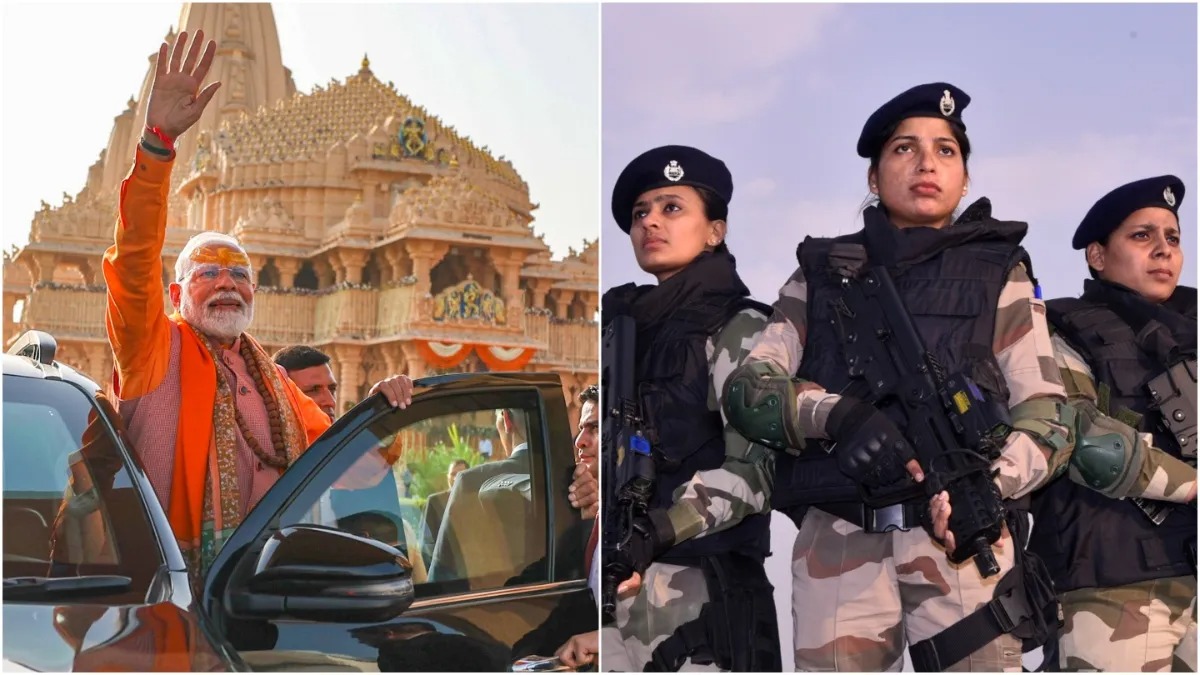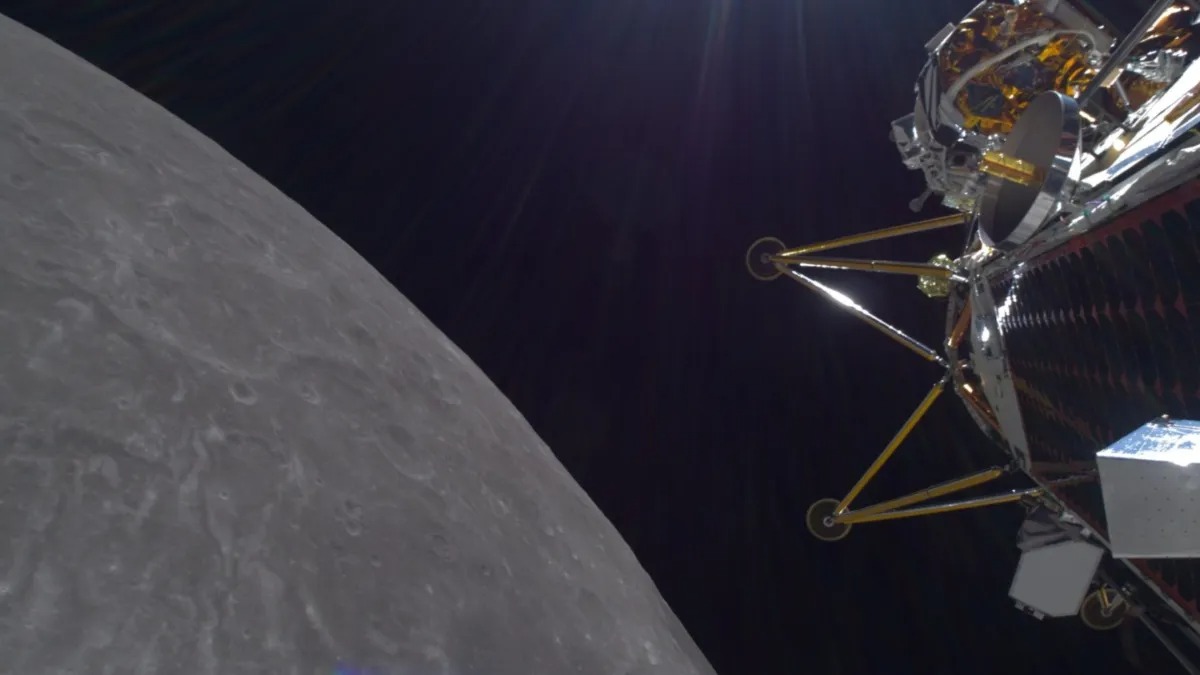
Justice Sanjiv Khanna (CJI Sanjiv Khanna) was sworn in as the 51st Chief Justice of India ( CJI ) on Monday. President Draupadi Murmu administered the oath of office to him at a ceremony held at Rashtrapati Bhavan. Justice Khanna's tenure will be about six months and he will remain in this post till 13 May 2025. CJI Sanjiv Khanna has given many historic decisions including maintaining the purity of EVM, removal of Article 370, abolition of electoral bond scheme, and granting interim bail to former Delhi Chief Minister Arvind Kejriwal.
Who is CJI Sanjiv Khanna?
Justice Sanjiv Khanna, who hails from an eminent Delhi family, is the son of former Delhi High Court judge Justice Dev Raj Khanna and nephew of late former Supreme Court judge H.R. Khanna. Justice Khanna, 64, a third-generation lawyer before being elevated to the Delhi High Court, aims to reduce the pendency of cases and expedite the delivery of justice. Former Chief Justice DY Chandrachud appointed him as his successor on October 17. Justice Khanna will retire on May 13, 2025, after serving for over 6 months as the head of the judiciary.
Which historical decisions were you a part of?
Some of Justice Khanna's landmark judgments in the Supreme Court include upholding the use of electronic voting machines (EVMs) in elections, saying these devices are secure, and eliminating booth capturing and bogus voting. On April 26, a bench headed by Justice Khanna had termed suspicions of EVM manipulation as 'baseless' and rejected the demand to bring back the old ballot paper system. He was also part of a five-judge bench that declared the electoral bond scheme to fund political parties unconstitutional.
Justice Khanna was part of a five-judge bench that upheld the Centre's 2019 decision to abrogate Article 370 of the Constitution that gave special status to the erstwhile state of Jammu and Kashmir.
Kejriwal was also granted bail.
It was a bench headed by Justice Khanna that first granted interim bail to then Delhi Chief Minister Kejriwal in the excise policy case to campaign in the Lok Sabha elections. In 2021, he was part of the bench that upheld the validity of the e-voting process for winding up mutual fund schemes in a case related to the winding up of schemes of Franklin Templeton Trustee Services Private Limited.
was born in 1960
Justice Sanjiv Khanna was born on May 14, 1960, and studied law at the Campus Law Centre of Delhi University before enrolling as an advocate with the Delhi Bar Council in 1983. As a lawyer, he practiced in the district courts located at the Tis Hazari campus and later in the Delhi High Court. Justice Khanna appeared and argued several criminal cases in the Delhi High Court as an Additional Government Pleader and Amicus Curiae. He was also the Executive Chairman of the National Legal Services Authority.
Justice Sanjiv Khanna's uncle Justice H.R. Khanna had hit the headlines by resigning in 1976 after writing a dissenting judgment in the infamous A.D.M. Jabalpur case during the Emergency. The majority judgment of the Constitution Bench upholding the abrogation of Fundamental Rights during the Emergency was considered a 'black spot' on the judiciary.
Justice HR Khanna declared this move unconstitutional and against the law and he paid the price for it when the then Central Government bypassed him and made Justice M.H. Beg the next Chief Justice. Justice HR Khanna was part of the historic decision in the Kesavananda Bharati case of 1973 that propounded the basic structure doctrine.

 Share
Share






